
Fortnite

Grand Theft Auto: San Andreas

Minecraft

FIFA Soccer

Grand Theft Auto: Vice City

Grand Theft Auto III

Poppy Playtime Chapter 1

Poppy Playtime Chapter 2

Magic Tiles 3

Scary Teacher 3D

Subway Surfers

Geometry Dash

Among us

slither.io

Temple Run 2

Stickman Hook

Toca Life World

Moto X3M Bike Race Game

Garena Free Fire: Winterlands
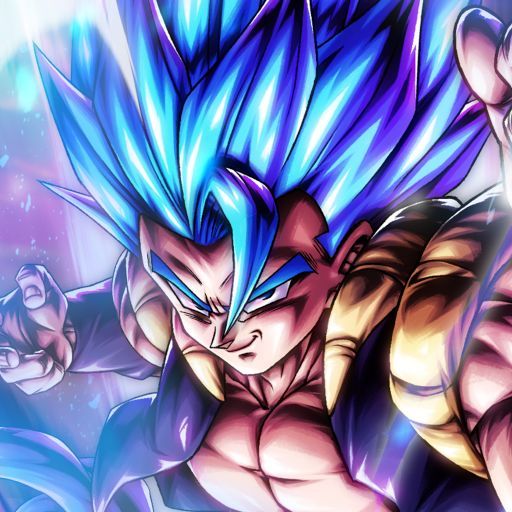
DRAGON BALL LEGENDS

Candy Crush Saga

Call of Duty Mobile

Bloons TD 6

CSR 2 Realistic Drag Racing

Hay Day

Plants vs. Zombies

PUBG MOBILE

Hitman Sniper

Five Nights at Freddy’s 4

Evony: The King’s Return

Need for Speed Most Wanted

Need for Speed No Limits

Five Nights at Freddy’s

Super Mario Run

Dead Cells

Gacha Life

Pokémon GO

Township

Plants vs. Zombies 2

Tiles Hop: EDM Rush!

Granny 3

Talking Tom Gold Run

Toca Life: Hospital

Sonic Dash

Gardenscapes

Five Nights at Freddy’s 3

Five Nights at Freddy’s 2

Candy Crush Soda Saga
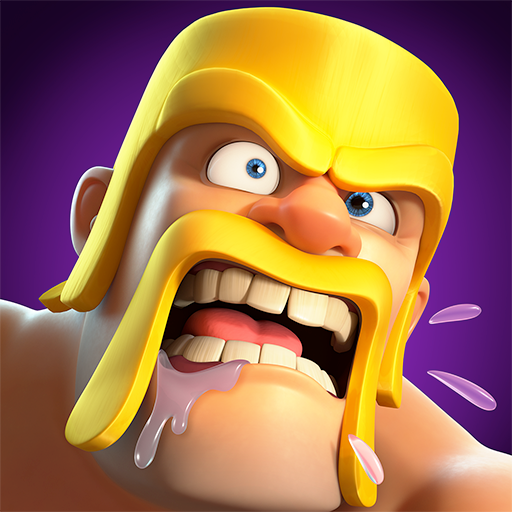
Clash of Clans

DRAGON BALL Z DOKKAN BATTLE

League of Legends: Wild Rift

Pokémon GO

Star Wars™: Galaxy of Heroe

Asphalt 9: Legends

Bubble Witch 3 Saga

Geometry Dash

Hill Climb Racing

Hill Climb Racing 2

Mafia City

Star Trek™ Fleet Command
Advertisement
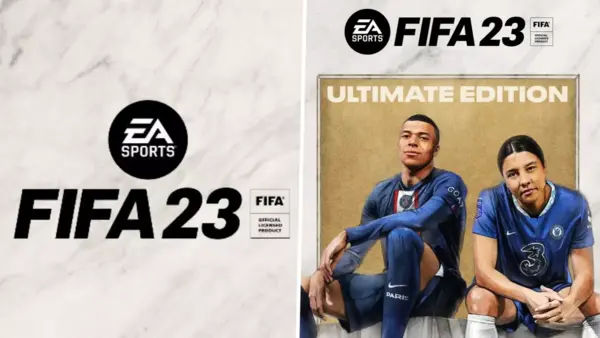
Disclaimers. The mobile game and app download address is from the official app marketplace of iOS App Store and Google Play. It has been checked for security and does not contain viruses or malware.
Platform:
File Size:
Current Version:
Updated Time:
Developer:
Content Rating:
FIFA Ultimate Team (FUT), a mode within the FIFA franchise by EA Sports, has been a groundbreaking feature in sports gaming. Despite its popularity, it has faced widespread criticism for its pay-to-win mechanics. This article explores how these elements affect competitiveness, fairness, and enjoyment in FUT.
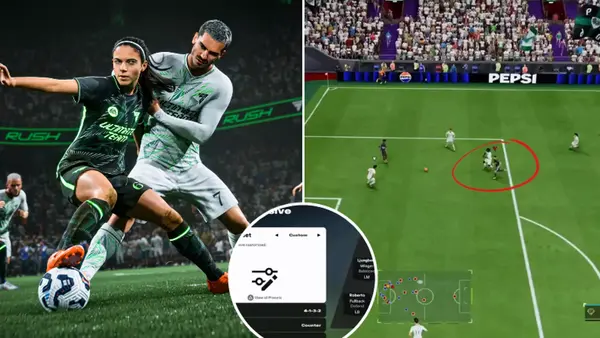
Pay-to-win refers to systems that allow players to gain significant advantages by spending real money. In FUT, this primarily involves buying FIFA Points to open packs and acquire high-rated players.
FUT heavily relies on monetization through microtransactions, allowing paying players to build stronger squads much faster than non-paying players.
Players with access to premium cards often dominate matches, undermining the skill-based competition FUT promises.
New players without financial investment struggle to compete in FUT’s highly competitive divisions, creating a pay-to-compete dynamic.
FUT packs contain randomized player cards, which can be purchased with in-game coins or FIFA Points. The odds of pulling high-rated players are notoriously low.
The pack system mirrors gambling, enticing players to spend repeatedly for a chance at acquiring rare and valuable cards.
Squad Building Challenges (SBCs) and seasonal objectives often require rare players or additional packs, nudging players toward spending to complete them.
Non-paying players face significant challenges in completing these tasks, further widening the gap between them and paying players.
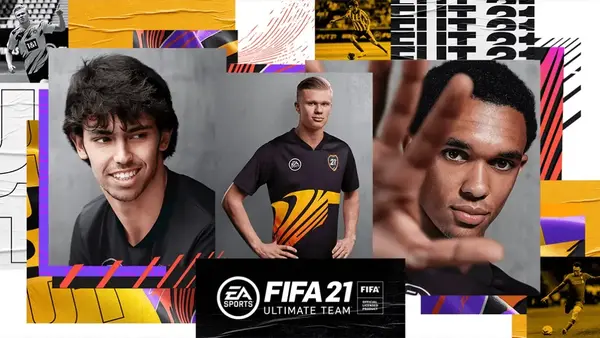
The FUT community frequently voices concerns about the game’s heavy monetization, citing unfair advantages for paying players.
Players have demanded more transparency regarding pack odds and fairer systems that reward skill over spending.
Games like Rocket League and NBA 2K have adopted varied approaches to monetization, some relying solely on cosmetic items.
Adopting a purely cosmetic monetization model could improve FUT’s player satisfaction and address its pay-to-win reputation.
Younger players are especially vulnerable to FUT’s monetization tactics, raising concerns about promoting gambling-like behavior.
Governments and organizations worldwide are increasingly scrutinizing loot box mechanics, pressuring EA Sports to make changes.
EA Sports has introduced features like preview packs, but these do not address the core pay-to-win issues.
A shift toward skill-based rewards and transparent systems could help restore FUT’s reputation and fairness.
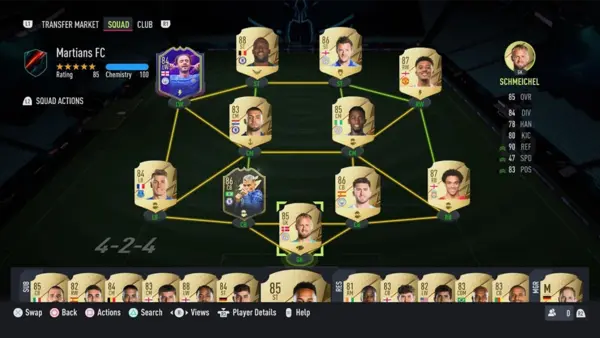
FIFA Ultimate Team’s pay-to-win mechanics significantly impact gameplay fairness and community sentiment. Addressing these concerns through ethical and fair monetization practices could enhance the game’s appeal and longevity.